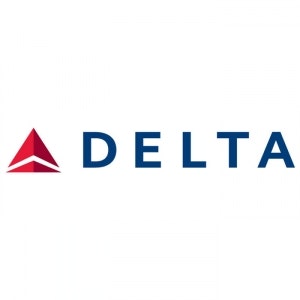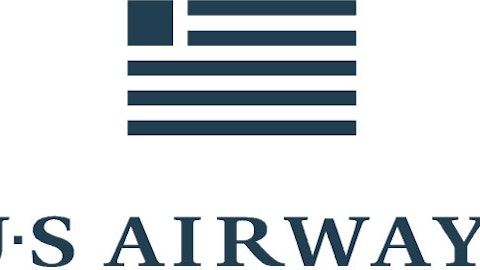Among the valuation measures investors use to analyze a company’s stock is book value. This value gives investors an approximate feel for what the company would be worth if sold off piece by piece with all parts valued near their full amount. Of course, there are some flaws with this technique; companies can artificially inflate book value or book value does not always fully reflect a company’s potential. However, for investors interested in including book value in their valuation toolbox, airlines are a prime example of how one industry can have so much variation in valuation.
Above and below book value
While some industries tend to follow a pattern whereby most companies have about the same price to book valuations, airlines are exceptions to this rule as evidenced by the table below:
| Airlines Trading Above Book Value | Airlines Trading Below Book Value |
| Delta Air Lines (NYSE:DAL) – negative book valueUnited Continental Holdings (NYSE:UAL) – 116 times book value
US Airways Group (NYSE:LCC) – 3.3 times book value Republic Airways Holdings (NASDAQ:RJET) – 1.1 times book value | Air France – 0.60 times book valueSkyWest (NASDAQ:SKYW) – 0.54 times book value |
Table data from Scottrade.com, earnings data from 4-traders.com
To be fair, more airlines do trade above book value than below book value, but the variation in airline price/book ratios begs an explanation as to why this is the case.
Near the top of the list is earnings. Investors looking at the table will notice that all three non-bankrupt American legacy carriers are trading above their book value. Followers of Canadian carriers will note that Air Canada trades well above its book value as well. Earnings strength is a major factor at play here, and the outlook for legacy airline earnings over the next several years is a positive one. Earnings at Delta Air Lines, Inc. (NYSE:DAL) are expected to rise from $1.19 per share for 2012 to $2.72 per share for 2014. Similar trends are expected at United Continental Holdings Inc (NYSE:UAL), as the airline expects to finish with merger related costs that caused a loss of $2.18 for 2012 and analysts are expecting earnings of $4.87 per share for 2014.
US Airways Group Inc (NYSE:LCC) may be riding a legacy carrier trend wave since, although analysts do expect earnings to increase, merger costs pertaining to the American Airlines integration are likely to throw these estimates significantly off in one direction or the other. We can also see that Republic Airways Holdings Inc.(NASDAQ:RJET) is trading above its book value, albeit by a small amount, despite estimates calling for earnings to increase from $1.02 for 2012 to $1.77 for 2014.
On the other side of the table, some airlines trade at a substantial discount to book value. While legacy carriers were noted for trading above book value earlier, Air France trades well below book value. However, the legacy carriers are trading above book value largely because of strong current and expected earnings. By contrast, Air France has posted significant losses over the past few years, partially stemming from the slowdown in the Eurozone. A lack of confidence in the company’s earnings shows that the legacy carriers are not entitled to such a price/book premium–it has to be justified by other factors.
It may come as a surprise to some how regional competitors Republic and SkyWest, Inc. (NASDAQ:SKYW) can trade at such different price/book ratios. However, when one considers expected earnings it becomes at little easier to understand. Republic’s earnings are expected to increase by about 74 percent between 2012 and 2014 whereas SkyWest, Inc. (NASDAQ:SKYW)’s earnings are only expected to increase about 47 percent from $0.99 to $1.46 between 2012 and 2014. At first, a 47 percent increase would be seen as a reason for quite a price/book premium, but SkyWest is currently trading at a far higher P/E ratio than Republic.
Price to book, you decide
Looking at companies based on their book value is just one of many ways to perform an analysis. With airlines, investors have a broad selection of choices for this valuation component. Earnings, both current and forward, are a critical factor in determining airline share prices. In the end, airlines, like all investments, have many ways of being valued, and investors should decide for themselves which methods to give most weight.
The article A Book Value Comparison Creates Two Different Camps of Airlines originally appeared on Fool.com.
Alexander MacLennan owns shares of Delta Air Lines and Air Canada. This article is not an endorsement to buy or sell any security and does not constitute professional investment advice. Always do your own due diligence before buying or selling any security.The Motley Fool has no position in any of the stocks mentioned. Alexander is a member of The Motley Fool Blog Network — entries represent the personal opinion of the blogger and are not formally edited.
Copyright © 1995 – 2013 The Motley Fool, LLC. All rights reserved. The Motley Fool has a disclosure policy.




